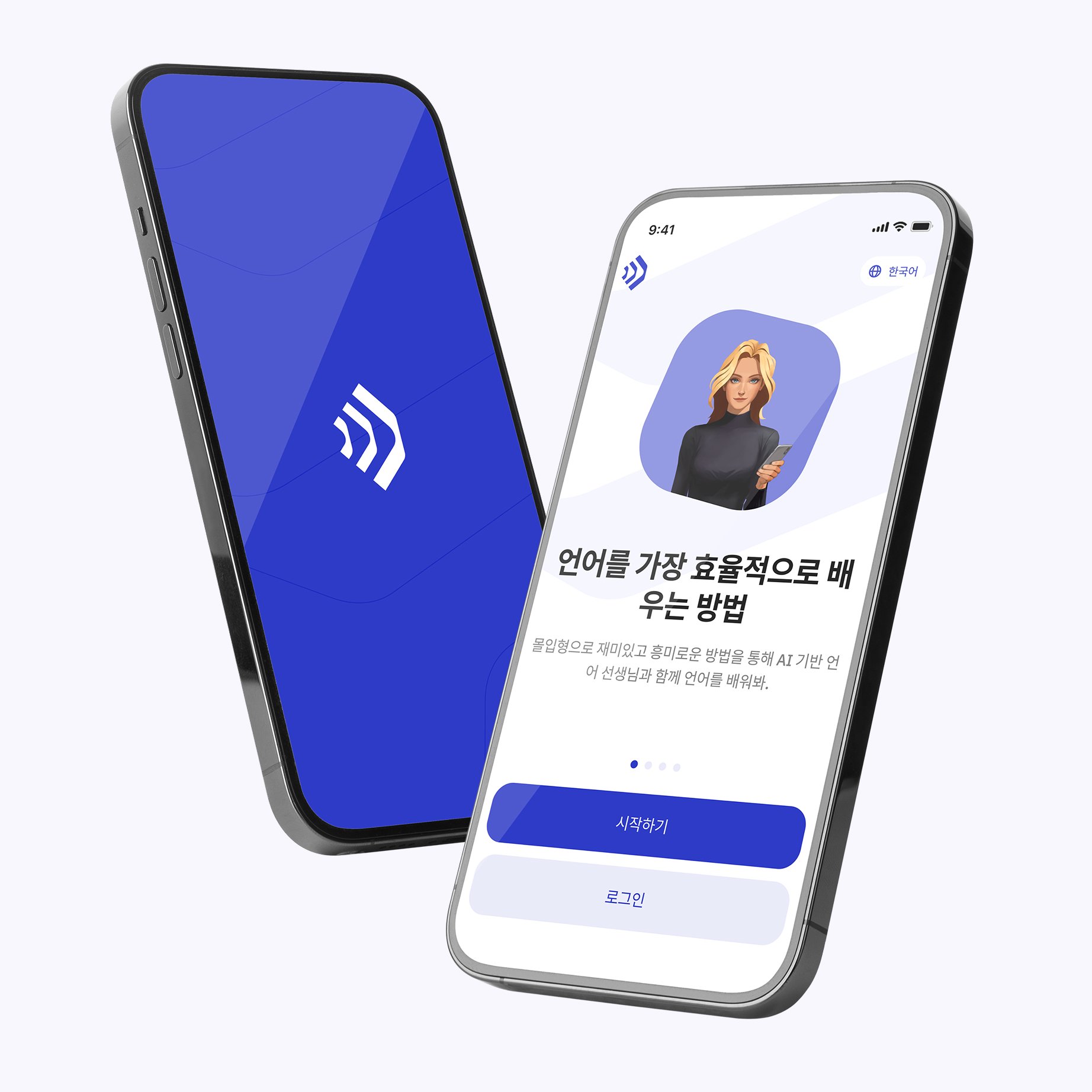이 영어 문법 연습을 통해 여러분은 Reported Speech를 더 잘 이해하고 올바르게 사용할 수 있게 될 것입니다. 각 문장은 직접 인용구를 간접 인용구로 바꾸는 연습을 포함하고 있으며, 옳은 답을 찾아 빈칸을 채워넣는 형식으로 진행됩니다. 지금부터 Reported Speech에 대한 여러분의 지식을 시험해 보세요.
Reported Speech 변환 연습 1
She said, “I am going to the store.” ➞ She said she *was* (past of “am/is”) going to the store.
He says, “I will call you later.” ➞ He says he *will* (future tense) call me later.
They said, “We have finished our homework.” ➞ They said they *had* (past perfect) finished their homework.
“Do you like pizza?” she asked me. ➞ She asked me if I *liked* (past of “like”) pizza.
“I can help you tomorrow,” he offered. ➞ He offered to *help* (infinitive) me the following day.
“Where is my phone?” he wondered. ➞ He wondered where his *phone* (object) was.
“Keep quiet,” she said to us. ➞ She told us to *keep* (base verb) quiet.
They said, “It may rain later.” ➞ They said it *might* (modal verb) rain later.
“You should stop now,” he advised. ➞ He advised that I *should* (modal verb) stop then.
“We are eating,” they explained. ➞ They explained that they *were* (past continuous) eating.
“I have been waiting for an hour,” she complained. ➞ She complained that she *had* (past perfect) been waiting for an hour.
“I did my best,” he insisted. ➞ He insisted that he *had* (past perfect) done his best.
“I won’t tell anyone,” she promised. ➞ She promised that she *would* (future in the past) not tell anyone.
“I’ll be using the car,” Tom mentioned. ➞ Tom mentioned that he *would* (future in the past) be using the car.
“Are they coming tonight?” she inquired. ➞ She inquired whether they *were* (past continuous) coming that night.
Reported Speech 변환 연습 2
“I don’t like this music,” she admitted. ➞ She admitted that she *didn’t* (past of “do not”) like that music.
“You must finish the report by Monday,” the boss ordered. ➞ The boss ordered that we *had* (past obligation) to finish the report by Monday.
“Are you going to the party?” he asked her. ➞ He asked her if she *was* (past continuous) going to the party.
“I don’t need to study,” he claimed. ➞ He claimed that he *didn’t* (past of “do not”) need to study.
“I was not involved,” she insisted. ➞ She insisted that she *had* (past perfect) not been involved.
The teacher said, “The exam starts at nine o’clock.” ➞ The teacher said that the exam *started* (past) at nine o’clock.
“You have to check this,” she reminded me. ➞ She reminded me that I *had* (past obligation) to check that.
“I’ve already paid,” he declared. ➞ He declared that he *had* (past perfect) already paid.
“It’s not supposed to be this way,” he argued. ➞ He argued that it *wasn’t* (past of “is not”) supposed to be that way.
“It will be a great adventure,” she predicted. ➞ She predicted that it *would* (future in the past) be a great adventure.
“I did not see anything,” he stated. ➞ He stated that he *had* (past perfect) not seen anything.
“Someone will follow up on this,” she assured. ➞ She assured that someone *would* (future in the past) follow up on that.
“We could go hiking this weekend,” they suggested. ➞ They suggested that we *could* (modal verb) go hiking that weekend.
“I have to wake up early every day,” he explained. ➞ He explained that he *had* (past obligation) to wake up early every day.
“Why did you leave the party early?” she questioned. ➞ She questioned why I *had* (past of “did”) left the party early.










